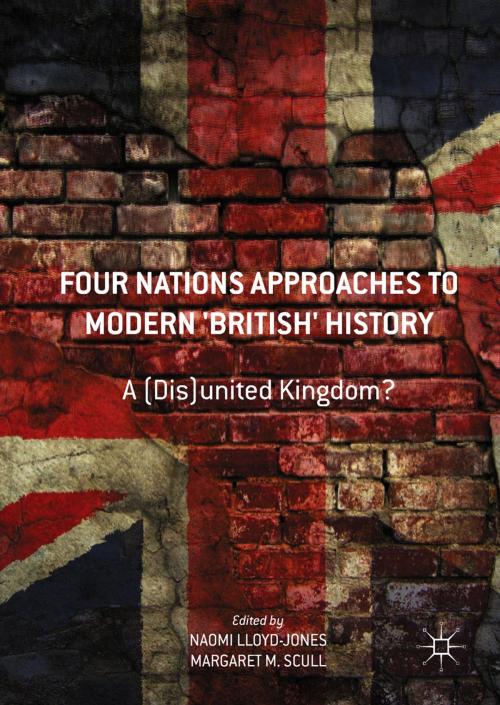Four Nations Approaches to Modern 'British' History
A (Dis)United Kingdom?
Nonfiction, History, British, Modern| Author: | ISBN: | 9781137601421 | |
| Publisher: | Palgrave Macmillan UK | Publication: | October 26, 2017 |
| Imprint: | Palgrave Macmillan | Language: | English |
| Author: | |
| ISBN: | 9781137601421 |
| Publisher: | Palgrave Macmillan UK |
| Publication: | October 26, 2017 |
| Imprint: | Palgrave Macmillan |
| Language: | English |
This collection brings together leading and emerging scholars to evaluate the viability of four nations approaches to the history of the United Kingdom from the eighteenth to the twentieth century. It recognises the separate histories of England, Ireland, Scotland and Wales and explores the extent to which they share a common, ‘British’ history. They are entwined, with the points at which they interweave and detach dependent upon the nature of our inquiry, where we locate our ‘core’ and our ‘periphery’, and the ‘cause’ and ‘effect’ of our subject.
The collection demonstrates that four nations frameworks are relevant to a variety of topics and tests the limits of the methodology. The chapters illuminate the changing shape of modern British history writing, and provide fresh perspectives on subjects ranging from state governance, nationalism and Unionism, economics, cultural identities and social networking.
This collection brings together leading and emerging scholars to evaluate the viability of four nations approaches to the history of the United Kingdom from the eighteenth to the twentieth century. It recognises the separate histories of England, Ireland, Scotland and Wales and explores the extent to which they share a common, ‘British’ history. They are entwined, with the points at which they interweave and detach dependent upon the nature of our inquiry, where we locate our ‘core’ and our ‘periphery’, and the ‘cause’ and ‘effect’ of our subject.
The collection demonstrates that four nations frameworks are relevant to a variety of topics and tests the limits of the methodology. The chapters illuminate the changing shape of modern British history writing, and provide fresh perspectives on subjects ranging from state governance, nationalism and Unionism, economics, cultural identities and social networking.















